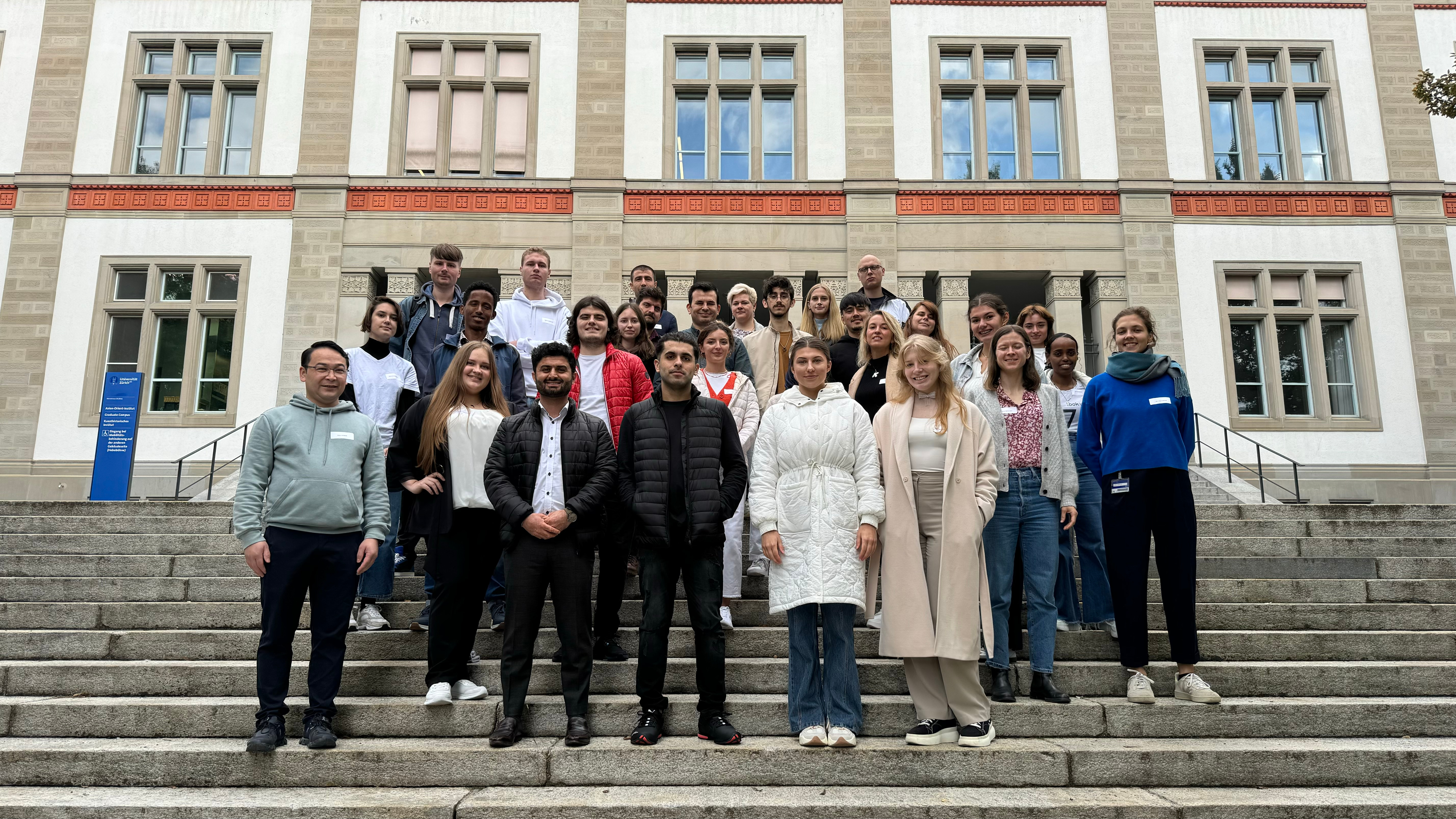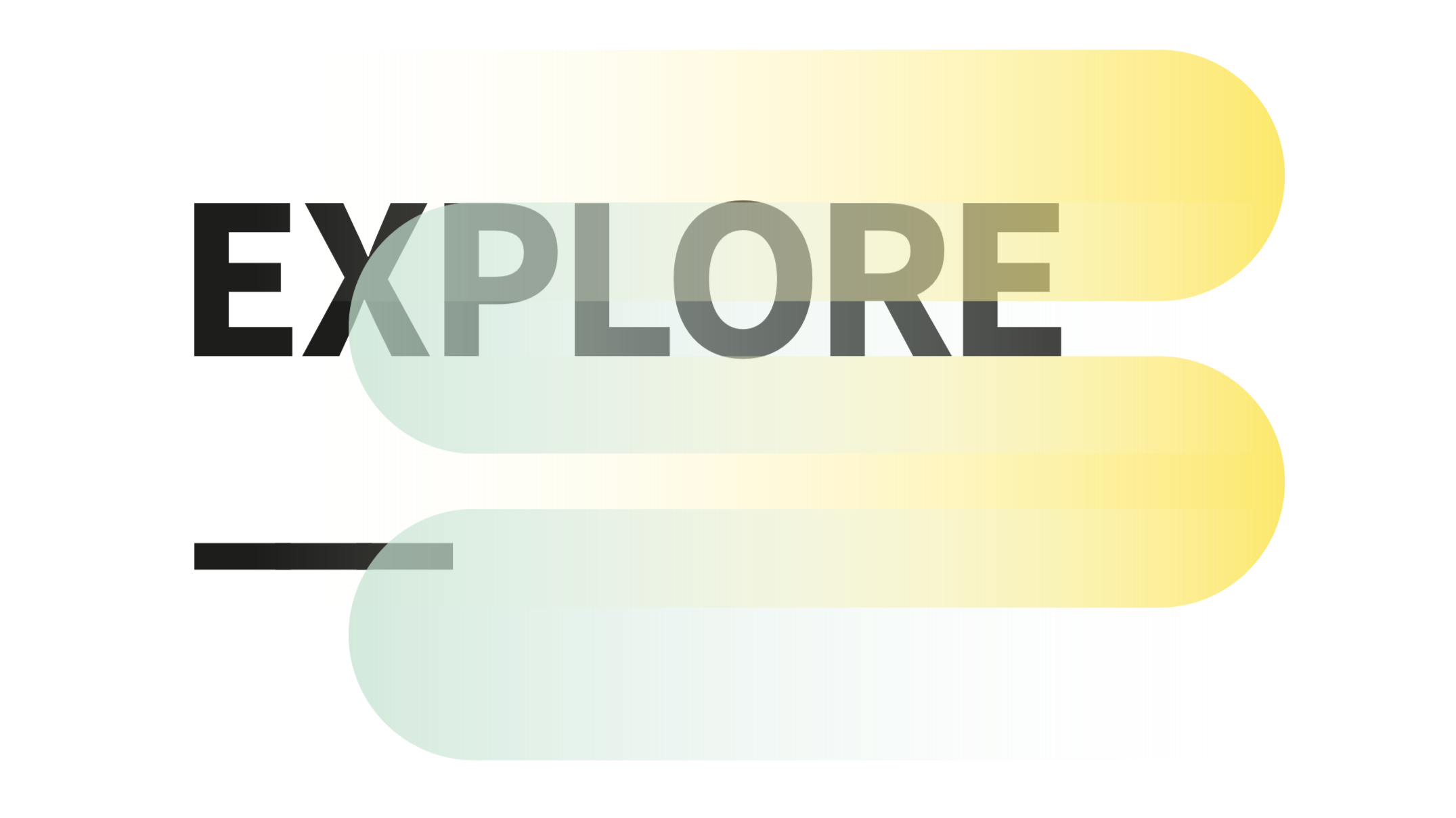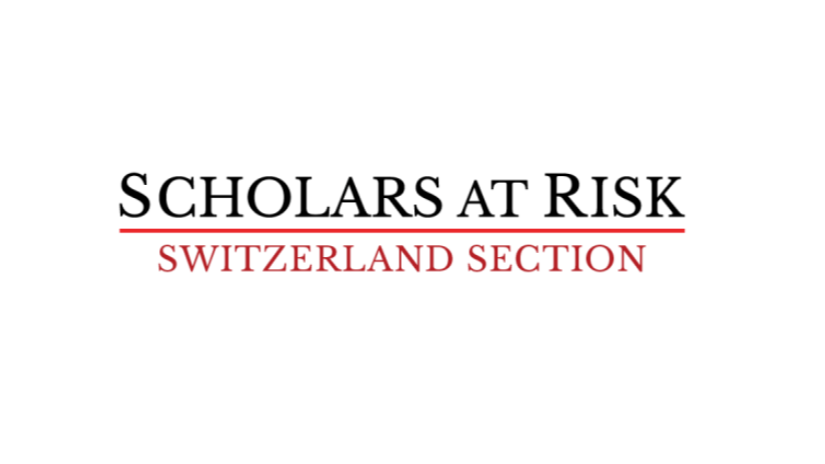UZH Launches «Explore» – Academic Orientation Program for Refugees
On September 13, the University of Zurich (UZH) launched «Explore» – Academic Orientation Program for Refugees at UZH, welcoming 26 participants to its campus. This program, a part of UZH’s Global Strategy 2030, underscores UZH’s commitment to societal responsibility.

Explore is a two-semester, semi-intensive program designed for academically qualified refugees. This year, it welcomes 26 participants, evenly divided between men and women, representing seven different countries. All participants have at least a high school degree, with more than half already holding university degrees from their home countries. Explore’s primary goal is to help participants familiarize themselves with the demands of studying in Switzerland and improve their German language skills. In addition to language courses, participants can attend academic lectures as guest auditors and take part in informational events on study-related topics. The program is coordinated by UZH Global Affairs, in close collaboration with the Language Center of UZH and ETH Zurich and supported by various other internal and external stakeholders such as the VSUZH or the Integration Office of the Canton of Zurich.
Explore builds on UZH's ongoing commitment to supporting refugees in their pursuit of higher education in Switzerland, following in the footsteps of earlier programs such as «START! Study». The initiative is part of a broader effort to promote academic inclusion. The university maintains a dedicated point of contact for prospective refugee students and is a member of Scholars at Risk – an international network of universities working to safeguard academic freedom and protect threatened researchers. The placement of threatened scholars is supported by the SNSF Scholars at Risk grant.
As part of UZH’s Global Strategy 2030, these initiatives enhance access to higher education for refugees, underscoring the institution's commitment to societal responsibility. By supporting refugees, UZH emphasizes the importance of diversity within the academic community. This initiative not only fosters stronger global connections but also cultivates an inclusive environment that enriches the university culture and benefits all students and staff.
Chantal Marquart, Zaher Ahmadi & Yasmine Starein


